In a dramatic turn of events, the opposition to California’s $6.4 billion mental health initiative, known as Proposition 1, has admitted defeat, even as over a million votes remain uncounted.
Their statement, “We almost took down the bear, but it looks like we will fall short,” marks a pivotal moment in what has become an intensely watched electoral battle.
A Narrow Lead Sparks Doubt
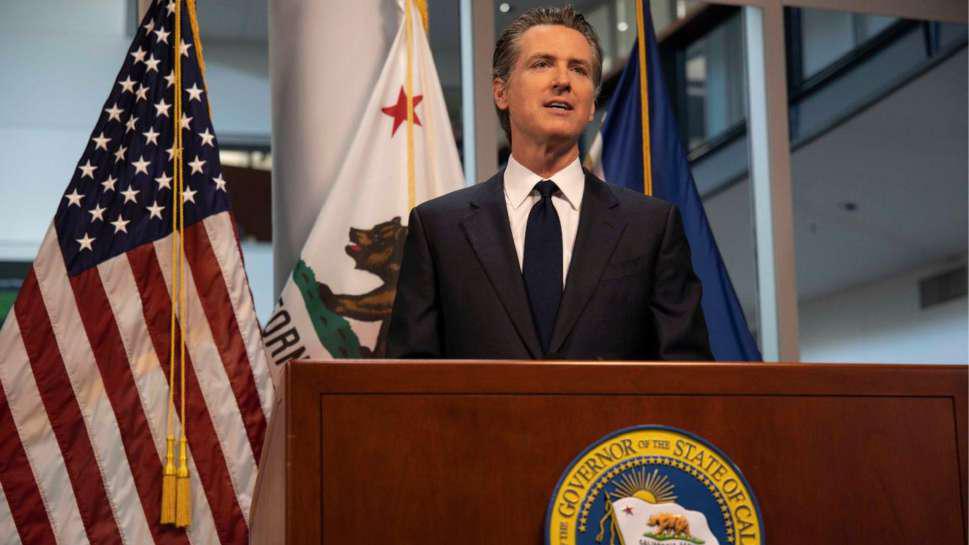
Despite Governor Newsom’s initial confidence and the millions spent on the campaign, Proposition 1 maintained only a slight lead following the March 5th primary.
With the vote too close to call over a week after the election, preliminary results from the California secretary of state indicated the proposition was ahead by less than one percentage point, challenging Newsom’s early optimism.
Opposition Acknowledges Likely Victory
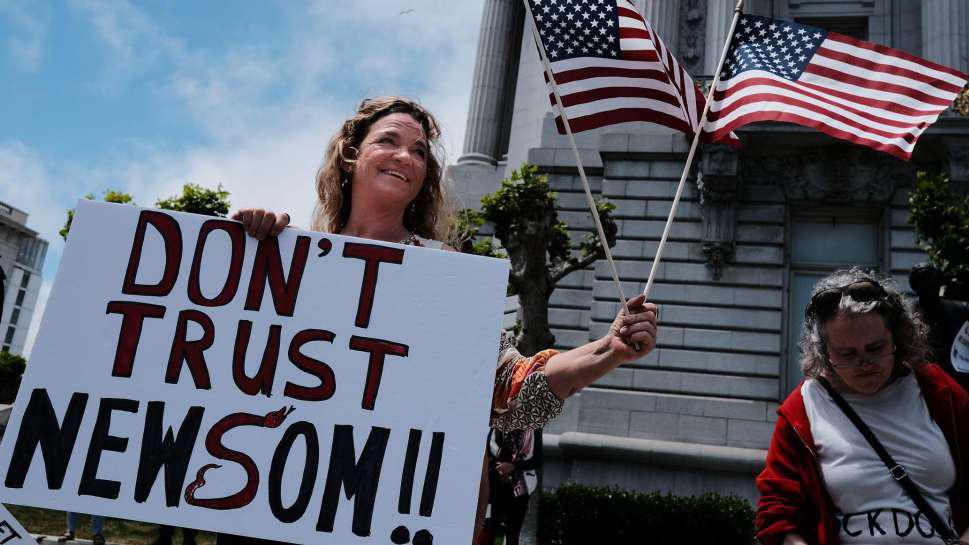
The opposition, significantly outspent, conceded on a Tuesday morning that Proposition 1 was “almost certain” to pass.
Their statement, “We almost took down the bear, but it looks like we will fall short,” from the Californians Against Prop 1 campaign, acknowledges their impending defeat despite their efforts against the measure.
Unsettled Race and Remaining Votes
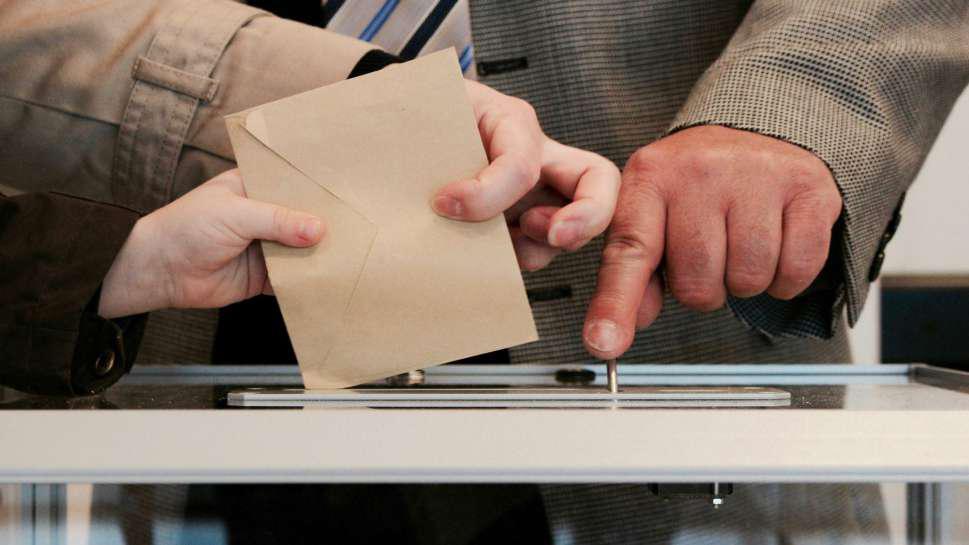
Despite the opposition’s concession, the race remained unsettled with over 1.5 million ballots left uncounted.
With the election anticipated to amass over 7.5 million votes, this could mark one of the lowest turnouts in state history. Newsom’s campaign remained “optimistic,” awaiting the final tally to officially determine the proposition’s fate.
Voter Turnout Influences Results

Lower than expected voter turnout, particularly among Democratic voters, contributed to Proposition 1’s underperformance on election day.
This shift inflated the Republican share of the electorate, with inland counties and parts of Southern California opposing the measure, while Los Angeles and the Bay Area showed majority support. Jim DeBoo, a consultant for Proposition 1, remarked, “It was the angry versus the apathetic.”
Bipartisan Support vs. Voter Division
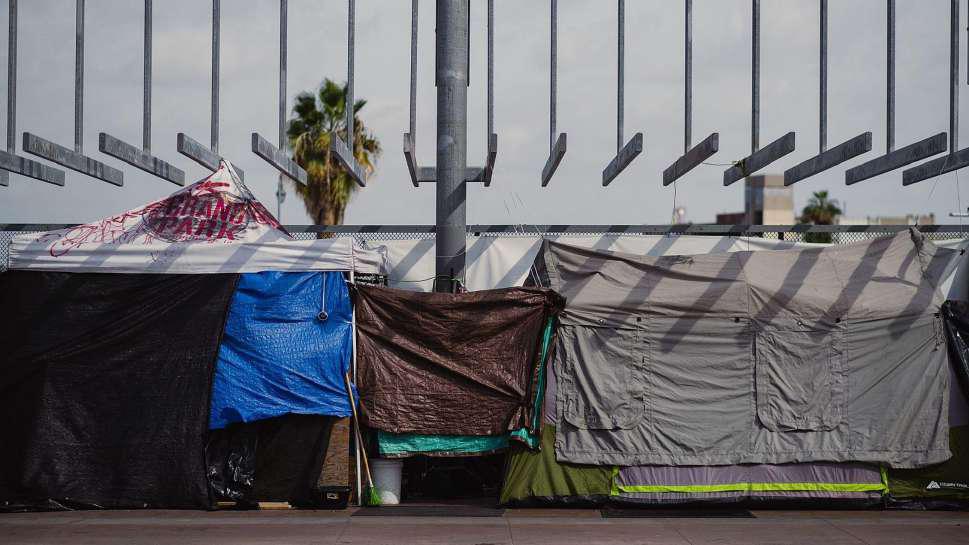
Although Proposition 1 received bipartisan support in the state Legislature, this harmony did not extend to the electorate, The LA Times reports.
Civil rights groups expressed concerns over funding for secure mental health facilities, and GOP opponents criticized the $14-billion cost amidst a massive state budget deficit, demonstrating the division between political endorsements and voter sentiment.
Californians’ Trust in Government Spending Questioned
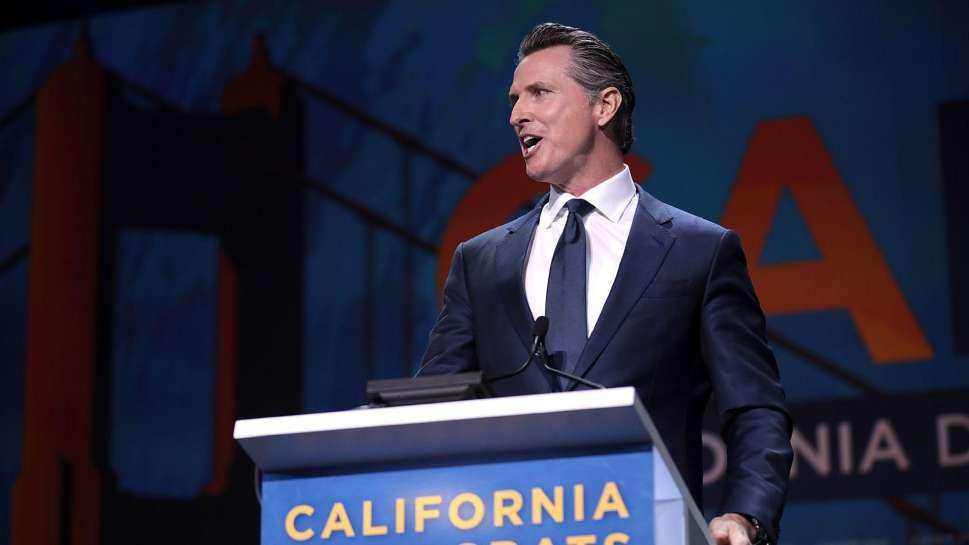
The debate around Proposition 1 has unveiled deeper issues of trust between Californians and their government’s handling of finances.
Jack Pitney, a politics professor at Claremont McKenna College, said, “Well, it shows Californians don’t necessarily trust the state government to spend their money wisely.” Although Proposition 1 involves utilizing bond money rather than immediate tax revenue, there’s a clear recognition among voters that this financial commitment must eventually be repaid, reflecting concerns over long-term fiscal responsibility.
The Core of Proposition 1
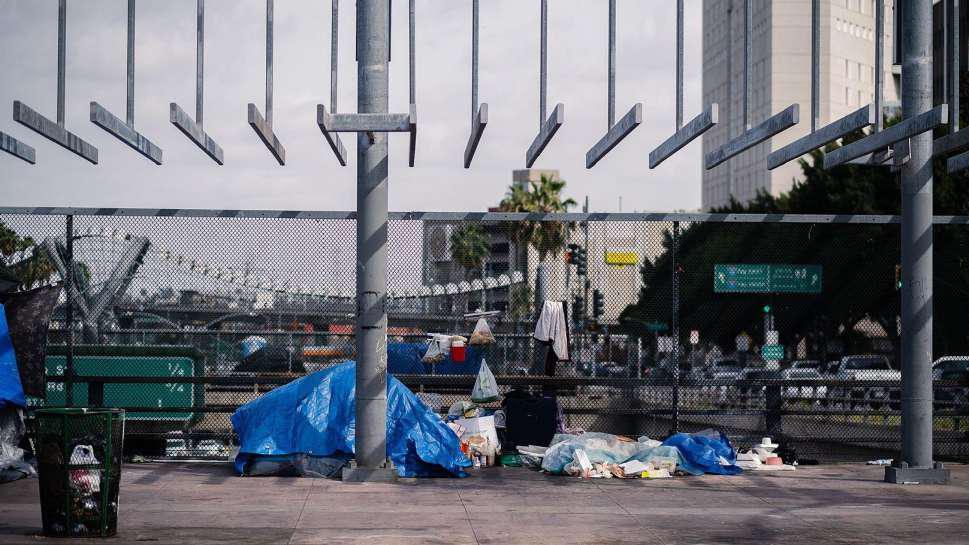
Proposition 1 proposed a new $6.4-billion bond to create 10,000 treatment and housing beds and to reconfigure a tax for mental health services to include drug addiction treatment.
This measure is central to Newsom’s strategy to combat California’s homelessness crisis, illustrating the state’s efforts to address this persistent challenge.
Shift Towards Compulsory Care
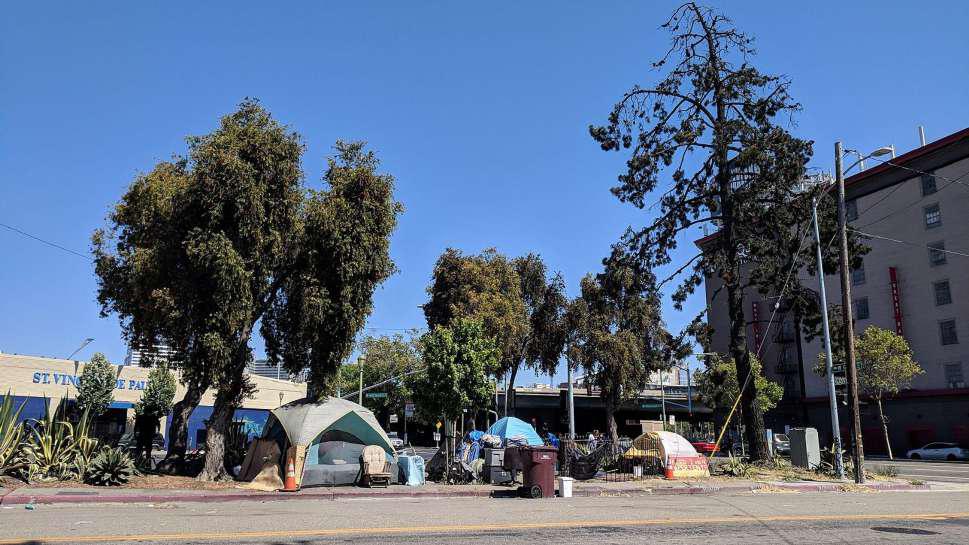
Faced with the need to address homelessness and treatment, Governor Newsom has pivoted from a liberal approach of voluntary treatment to advocating for compulsory care for individuals with severe mental illness and substance disorders.
This includes expanding conservatorship and implementing the CARE Court program, emphasizing a more aggressive stance on treatment and care.
San Francisco’s Response and Opposition Concerns
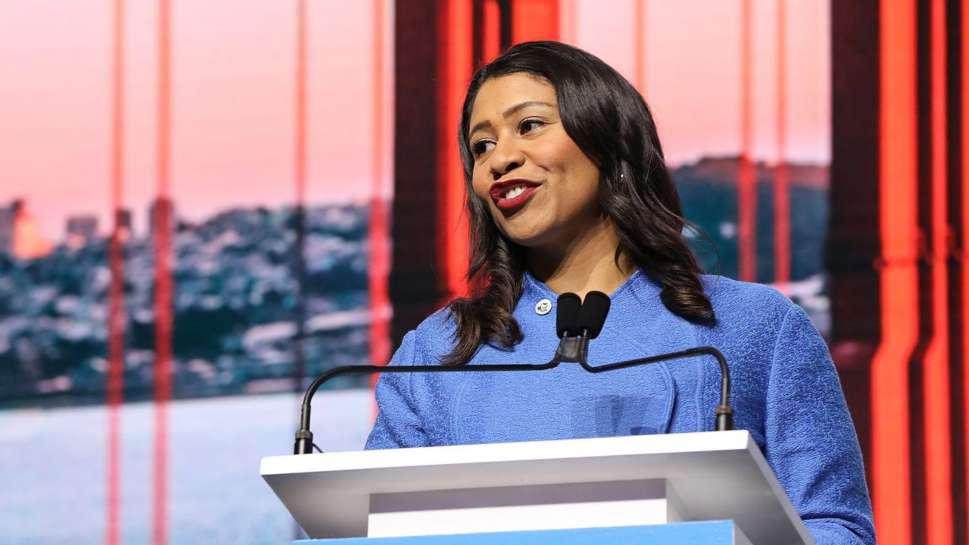
San Francisco Mayor London Breed stated that passing Proposition 1 would allow the city to add significantly more treatment beds, showcasing local support for the measure.
However, civil rights organizations and disability advocates raised concerns over the proposition allowing funds for “locked facilities,” sparking a debate over the best approach to mental health and addiction treatment.
Controversy Over Involuntary Treatment
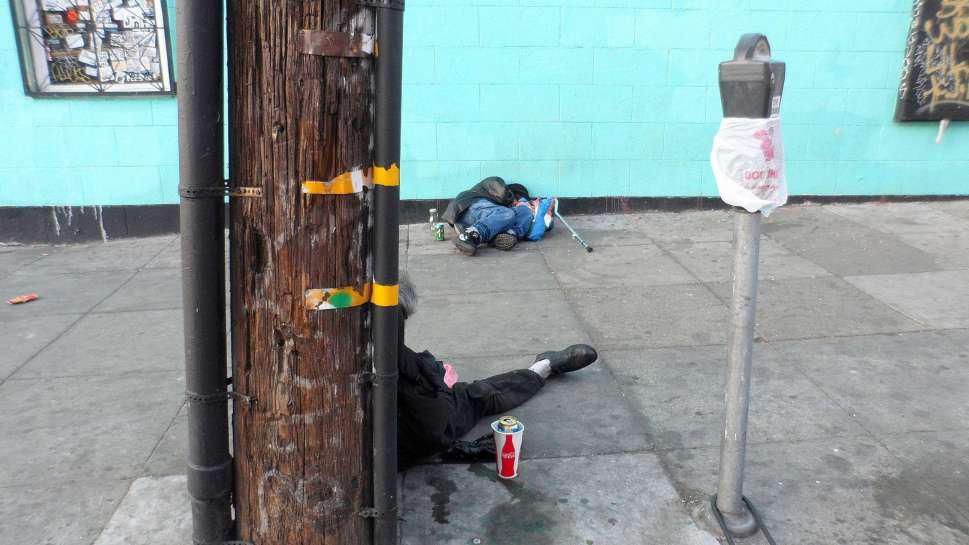
Critics like Katherine Wolf, a UC Berkeley doctoral student, voiced opposition to the last-minute changes to Proposition 1 that would fund involuntary treatment facilities.
This move, criticized for being underhanded, sparked significant controversy among groups who advocate for voluntary, community-based treatment solutions, highlighting the ethical and practical debates surrounding care for the mentally ill and those addicted to substances.
Newsom’s Proposition as a Solution to Key Issues
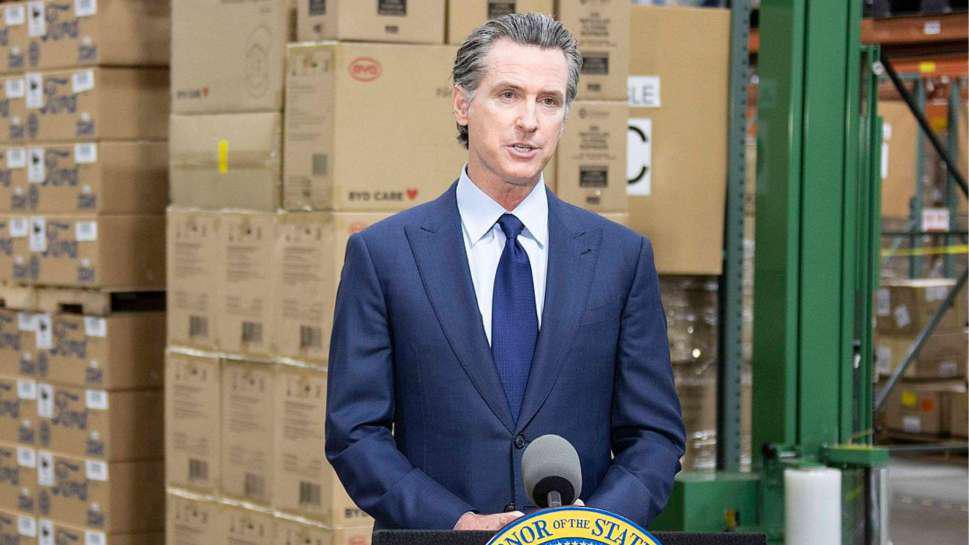
Governor Newsom framed Proposition 1 as addressing critical voter concerns such as crime, homelessness, substance abuse, and mental health, claiming it checked “90% of the boxes that unite the vast overwhelming majority of Californians.”
Despite the optimistic initial polling, the measure’s support waned as the election approached.
